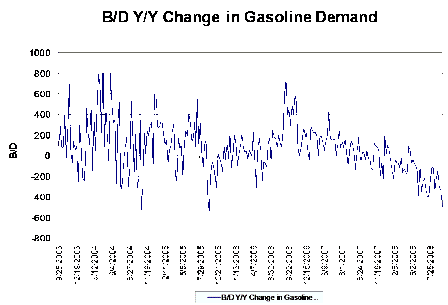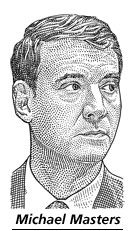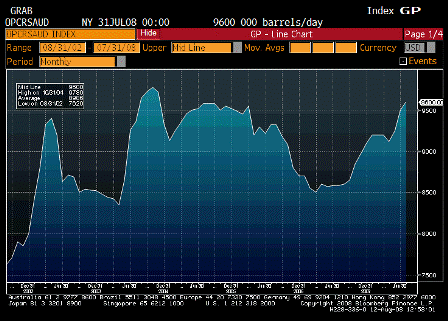[Skip to the end]
My current assessment is that the crude sell-off has caused the USD’s strength.
Lower crude prices make the USD ‘harder to get’ as oil producers get fewer USD for the same volume of crude (and product) exports to the US.
Likewise, this also brings down the US trade gap which is about half directly related to oil prices, so nonresidents have fewer USD to meet their USD financial asset savings desires.
Crude has been brought down by technical selling, which also brought with it technical buying of USD as trend following trading positions were unwound.
The crude market has gone into contango as would be expected with a futures sell off and tight inventories.
Tighter US credit conditions made the USD ‘harder to get’ while increased deficit spending makes the USD ‘easier to get’ resulting in GDP muddling through at modest rates of growth.
The Russian invasion probably helped the USD today.
Eurozone credit quality erosion with the onset of intensified economic weakness may be triggering an exit from the euro. The lowest risk euro financial assets are the national governments which carry similar risk to US States, and are vulnerable in a slowdown that forces increasing national budget deficits that are already in what looks like ‘ponzi’ for credit sensitive agents.
Eurozone bank deposit insurance is not credible and therefore the payment system itself vulnerable to an economic slowdown.
With the Russian army on the move, public and private portfolios may not want to hold the debt of the eurozone national governments that they accumulated when diversifying reserves from the USD.
I expect the Saudis to resume hiking crude prices once the selling wave has passed. I don’t think there has been an increase in net supply sufficient to dislodge them from acting as swing producer. And I also expect them to continue to spend their elevated revenues on real goods and services to keep the west muddling through at positive but sub-trend growth.
And the Russian invasion will linger on and help support the USD as a safe haven in the near-term
[top][end]
Comments about this post from email:
MIKE:
Again, its very likely you have permanently damaged demand at prices that are still over 100-
It’s possible the growth of crude consumption has slowed, but I still think it’s doubtful if consumption had declined enough to dislodge Saudi price control. July numbers still not out yet.
in addition asset alligators around the world are actually or synthetically short the dollar after 8 years of dollar selling…
Agreed. The question is the balance of the technicals, and if the CBs no longer buying USD has been absorbed by others.
For now, yes, short covering has mopped up the extra USD sloshing around from our trade gap, but it’s still maybe $50 billion per month that has to get placed. Not impossible for non-government entities to take it but it’s a tall order.
The Russian invasion helps a lot as well. That could be a much more important force than markets realize. Looks like a move to further control world energy supplies. A middle-eastern nation could be on the bear’s menu. I doubt the US could do anything about a Russian takeover of another neighbor. Certainly not go to war with Russia. and they know it.
[top]



 Several Democratic senators intend to use the findings to bolster an energy bill, which includes measures to scale back how institutions can invest in index funds that track commodities markets. These institutions now hold $220 billion in commodities, up from $13 billion in 2003, according to the report, co-authored by hedge-fund manager Michael Masters.
Several Democratic senators intend to use the findings to bolster an energy bill, which includes measures to scale back how institutions can invest in index funds that track commodities markets. These institutions now hold $220 billion in commodities, up from $13 billion in 2003, according to the report, co-authored by hedge-fund manager Michael Masters.